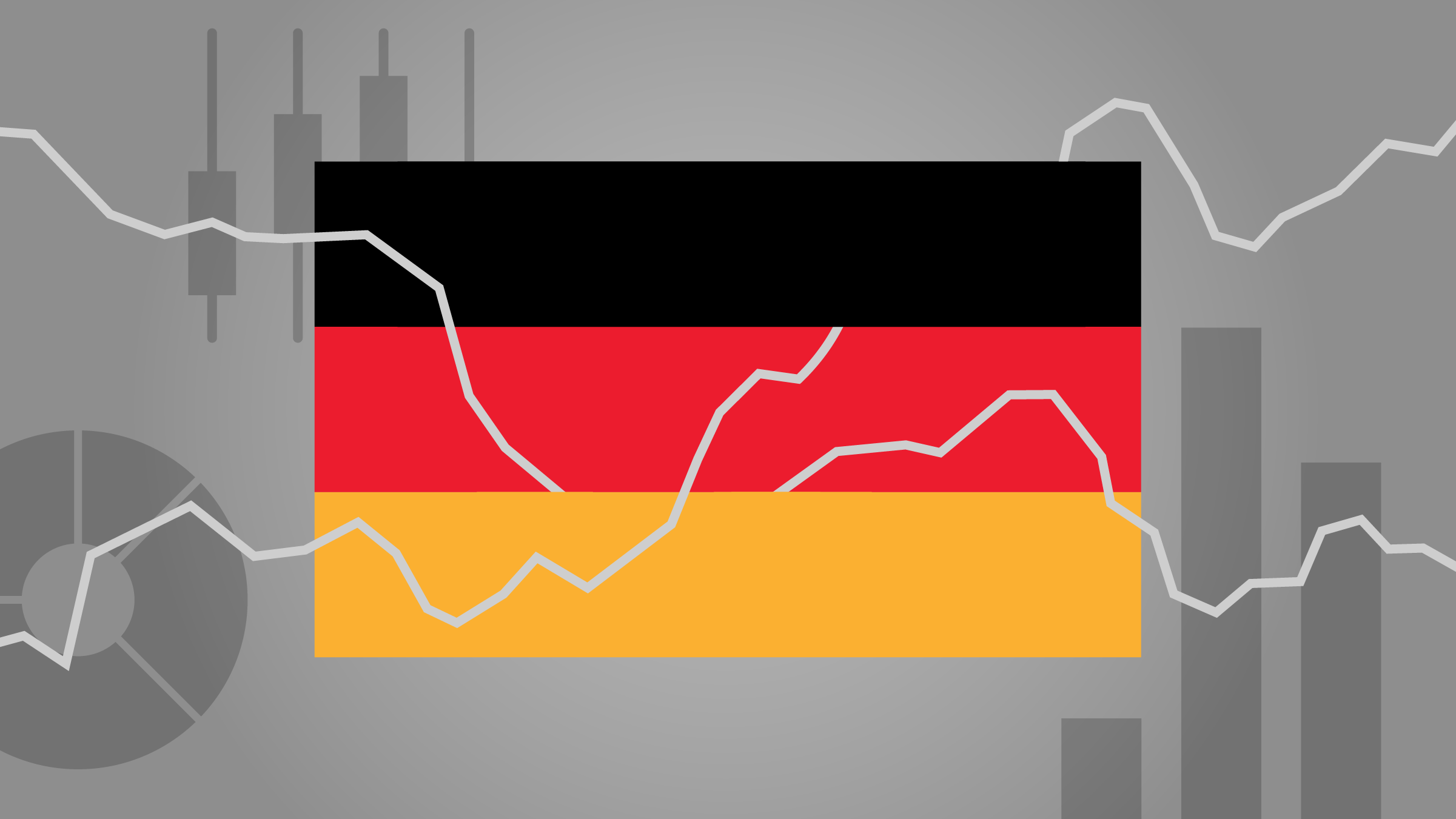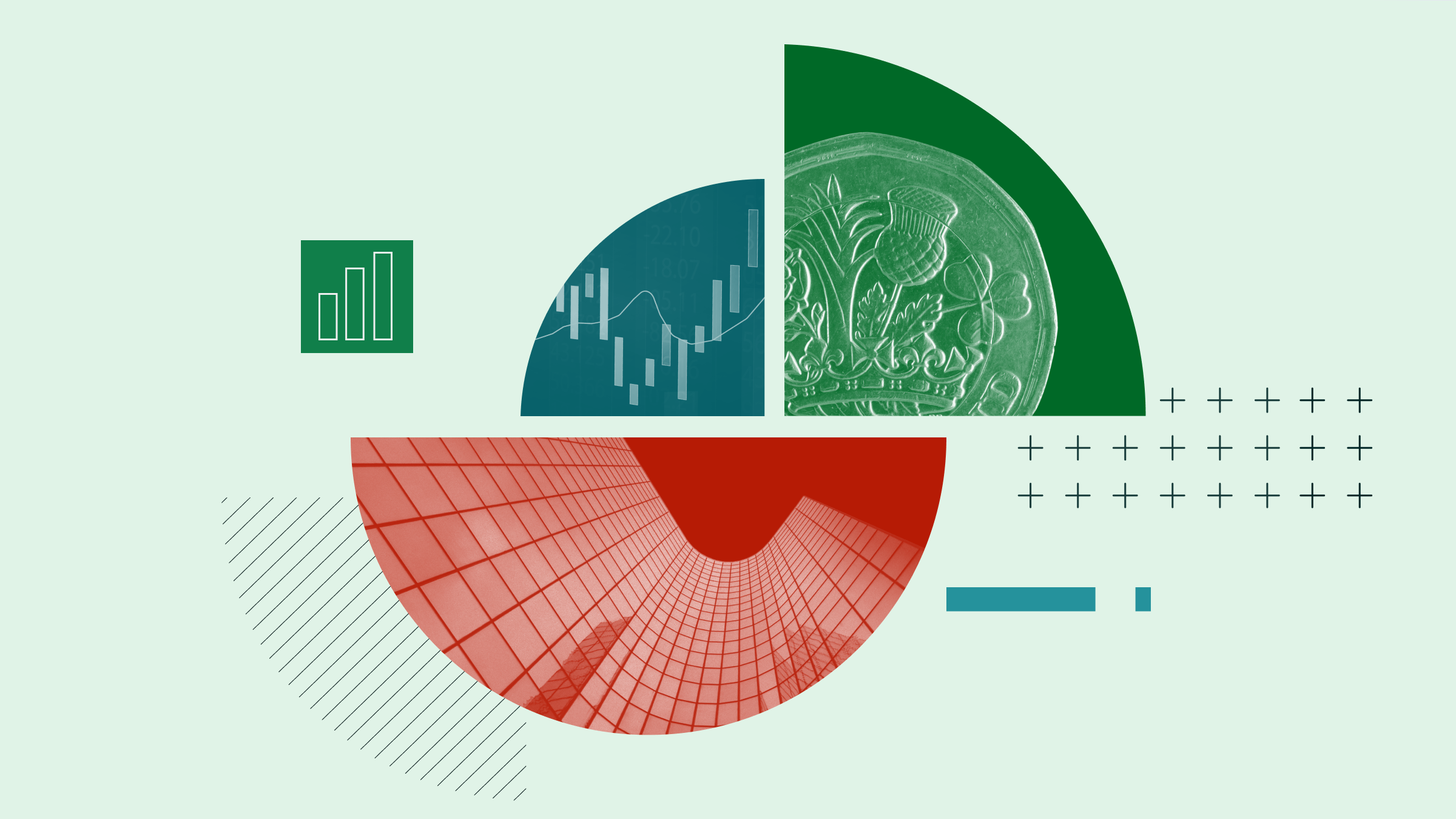
The Office for National Statistics reported that the Consumer Price Index rose 3.0% in January from year-ago levels, an uptick from December’s 2.5% rate.
This is higher than FactSet forecasts, which predicted a rise of 2.9%.
CPI has been below 3% since March 2024, when the index showed price rises of 3.2%. In January 2024, the inflation rate was 4.0%.
According to the ONS, the largest upward contribution to the monthly change in CPI annual rates came from transport, and food and non-alcoholic beverages. Meanwhile, the largest downward contribution to both came from housing and household services.
On a monthly basis, CPI fell by 0.1% in January 2025, compared with a 0.6% fall in January 2024.
Meanwhile, core inflation, which excludes energy, food, alcohol and tobacco, rose by 3.7% in the 12 months to January 2025, up from 3.2% in December 2024.
January CPI Report Key Stats
- CPI increased 3.0% year over year after an uptick of 2.5% in December.
- CPI fell 0.1% for the month compared with a 0.3% rise in December.
- Core CPI rose 3.7% from year-ago levels after rising by 3.2% in December.
What Does it Mean for a Bank of England Interest Rate Cut?
Commenting on the UK CPI announcement, Michael Field, chief equity strategist at Morningstar, says the unexpectedly high inflation may give the Bank of England pause for thought on future interest rate cuts, with the current level far in excess of its 2% targeted level.
“Falling interest rates are obviously a boon to equities, and any slowdown in the pace of cuts will frustrate investors. But ultimately today’s reading vindicates the Bank of England’s slow and steady approach to rate cutting. Regardless of the pace of cuts, we believe UK equity markets offer some attractive opportunities.”
Lower Inflation Could Be Even Further Away
Zara Nokes, global market analyst at J.P. Morgan Asset Management calls the ONS data a “headache” for the Bank of England, particularly after the strong wage data released on Feb. 18.
“With the hike in employer taxes and the minimum wage increase still coming down the tracks, it is hard to see how inflation dynamics will improve meaningfully in the near term.
“Some members of the Monetary Policy Committee have expressed concerns around growth weakness but, in my view, any slowing in the labour market will likely be limited as firms are compelled to hoard workers amid ongoing labour shortages. The Bank should, therefore, place greater weight on the upside inflation risks as opposed to any moderate cooling in economic activity. If the Bank decides to take its foot off the brake too quickly, it would be far more painful to re-anchor inflation expectations further down the line.”
Sarah Pennells, consumer finance specialist at Royal London, adds that many people are still facing tough times financially, and December only marked a temporary reprieve from rising inflation.
“If inflation continues rising as forecast this year, it could put the most vulnerable at further financial risk. One in ten adults currently say they couldn’t afford any unexpected bill—no matter how small—from either their savings or income. With wholesale gas prices recently reaching their highest level for two years, many will be concerned about consumer energy prices and this inflation data will only increase anxiety about everyday costs such as energy bills.”
The author or authors do not own shares in any securities mentioned in this article. Find out about Morningstar's editorial policies.


























